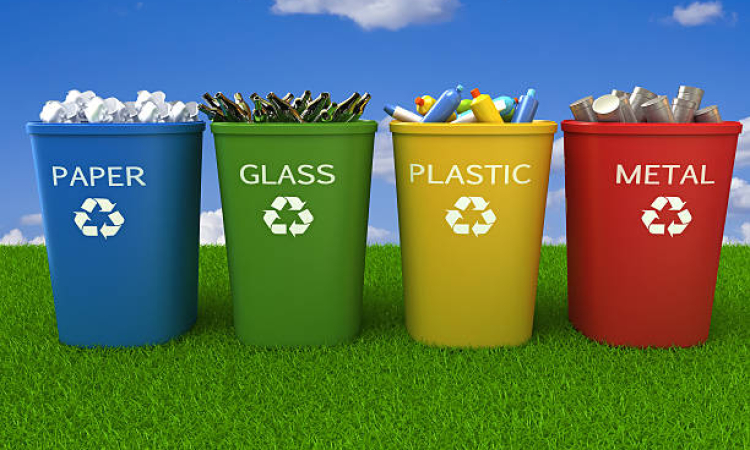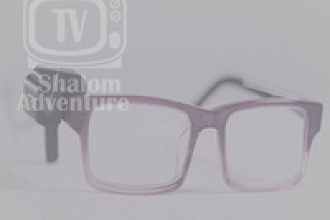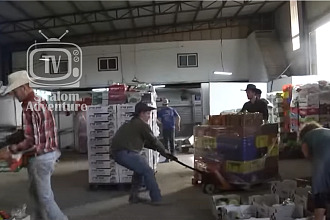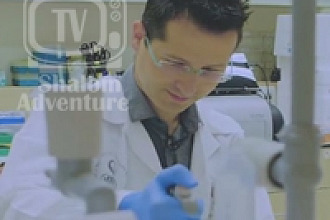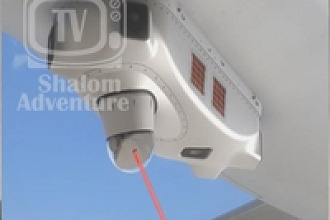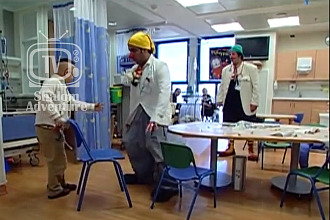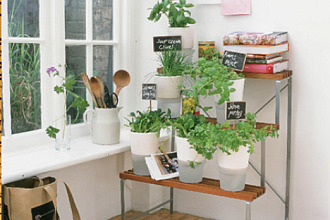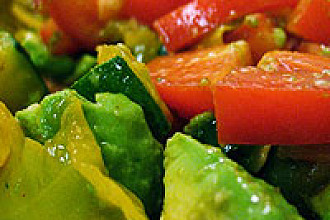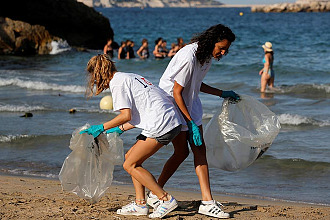Recycling is one of the easiest ways to begin greening your living space and decreasing one's personal carbon footprint on the earth. One question many people have concerns what can be recycled in the home. Of course, the obvious recyclable materials are paper,newsprint, cardboard, aluminum cans, plastics, and glass.
These items are the typical waste products recycled in community curbside recycling programs. Other, perhaps non-obvious, items can be reused or recycled, however.Sometimes it takes a little research into where one might take these items or how one may reuse them—but the earth is worth the effort.
Often communities have 'freecycle'/ boards where you can post your unused items and people in need of these itemswill claim them for free. This is a significant way one can decrease the amount of trash in local landfills. For example, toys can be freecycled or donated...Sports equipment can be freecycled, sold, or donated as well. Cars can be donated to organizations that sell them piecemeal for parts. Blankets can be donated to places like pet shelters or reuse old blankets and towels for your own pets.
Televisions, carpets, appliances, and printers can all be either reused, donated, or recycled, especially if they still work or are clean. Printers, if not working, can be traded in often, for credit toward a new printer. The store recycles the printer for you. Printer cartridges, instead of being disposed of, can also be sent back to the manufacturer for a small credit and they will recycle the cartridges. If one is enterprising, one can refill and reuse these cartridges at home. Large metal items such as grills, propane tanks and non-working automobiles, can be recycled as scrap metal. Batteries, including small batteries up to car batteries, are recyclable. In fact, since they are typically filled with hazardous substances such as mercury, it is very important that they be handled in a special manner.
Instead of tossing Styrofoam shipping material, one can bag it and reuse it or recycle it by using Styrofoam peanuts in potted plants instead of rocks for drainage purposes. Other ways to break down Styrofoam safely is by pouring pure orange rind oil on it or d-Limonene. The liquid produced can be used as permanent household glue. One can also donate unused Styrofoam to local packing stores.
Originally from here | Picture from here
Posted on Shalom Adventure by: Verna-Lee Small

